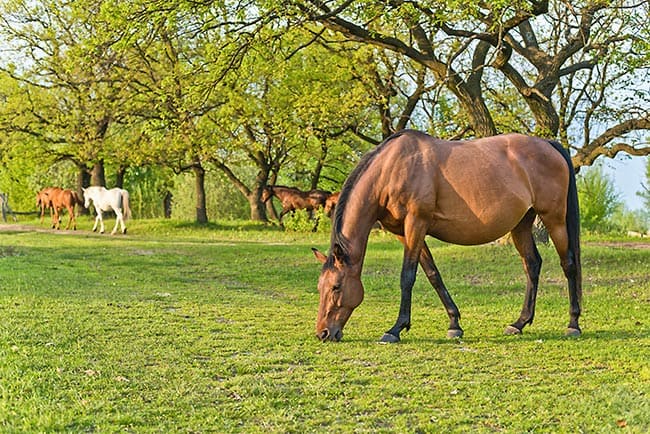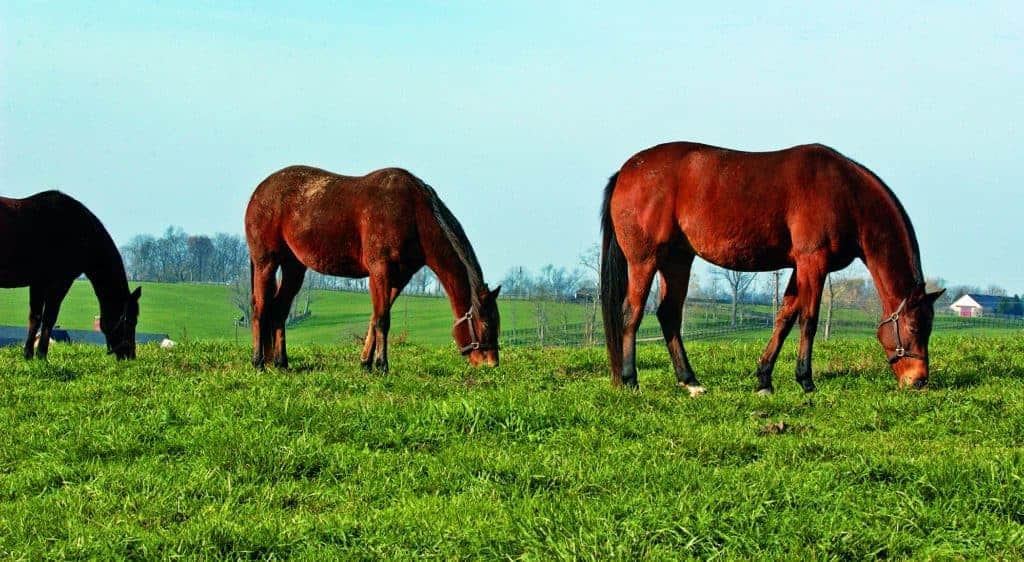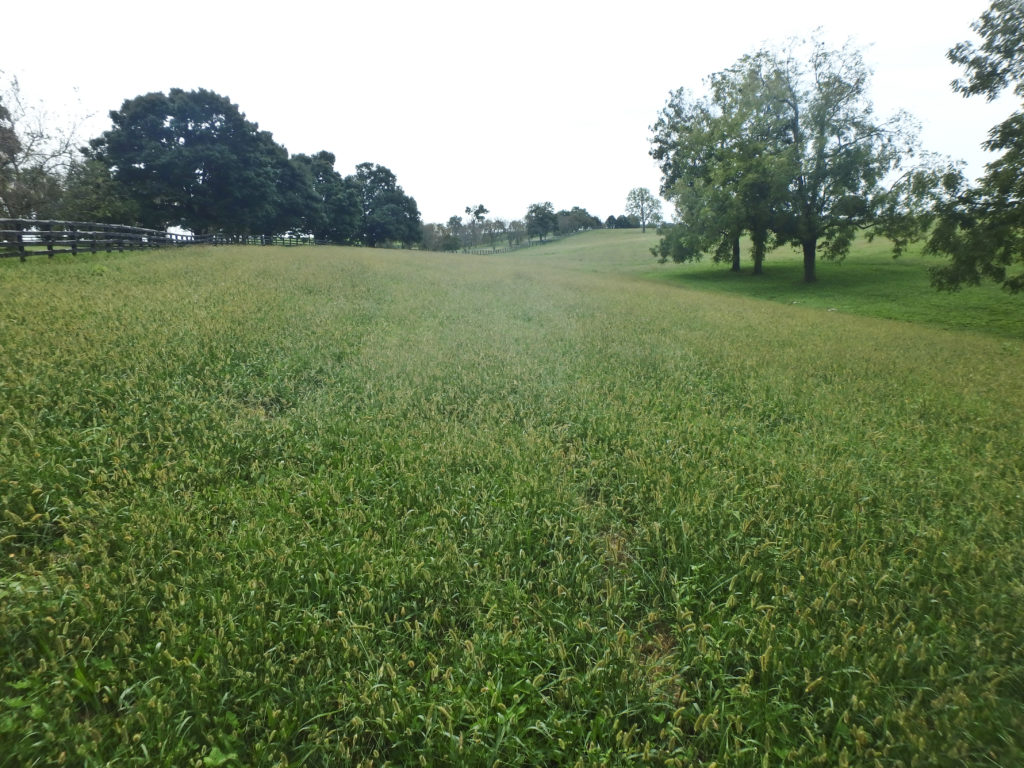
Feeding to Keep ‘Normal’ Horses Normal
With much research surrounding how to feed “abnormal” horses, how can we feed “normal” horses to avoid disease? One expert weighs in.

With much research surrounding how to feed “abnormal” horses, how can we feed “normal” horses to avoid disease? One expert weighs in.

Phytoestrogens in horse diets might have physiological effects on mares. An equine nutritionist explains how and why.

A pregnant mare should maintain a healthy weight to support both the fetus’ and her own calorie needs.

With careful management and feed selection, owners can provide broodmares with the nutrients they need to support foal growth. Here’s what our equine nutritionist recommends.

Keeping donor and recipient mares in moderate body condition might improve survival rates of transferred embryos.

How veterinarians navigate 4 common scenarios, from dehydration to the postpartum period, that increase colic risk.

An equine veterinarian explains the risks of breeding an insulin-resistant mare.

A rapid return to pre-pregnancy uterine size might improve mare fertility during foal heat.

Serious complications are uncommon in equine pregnancies, but when they occur the consequences can be devastating. Here are 6 high-risk scenarios to watch for.

Dr. Laurie Lawrence of the University of Kentucky describes recent equine nutrition research from her lab, from deciphering forage composition to monitoring obesity. She also shares common misconceptions about feeding horses.

Mares in good body condition have a reservoir of stored fat that can be used during cold winter weather.

Dr. Stephen Duren shares information about alfalfa’s calorie density and recommends how and when to feed it.

How to feed, house, and even exercise your mommy-to-be.

A fatty-acid- and antioxidant-rich supplement approach allowed oocytes to mature and metabolize energy more efficiently.

Surgeon Dr. Anthony Blikslager shares his perspective on preventing horse colic.

Broadleaf plants, such as dandelions and ragweed, aren’t the only weeds that can infiltrate pastures. Here’s how to control grassy weeds that can be prominent in summer pastures, including crabgrass, yellow foxtail, and nimblewill.
Stay on top of the most recent Horse Health news with
"*" indicates required fields